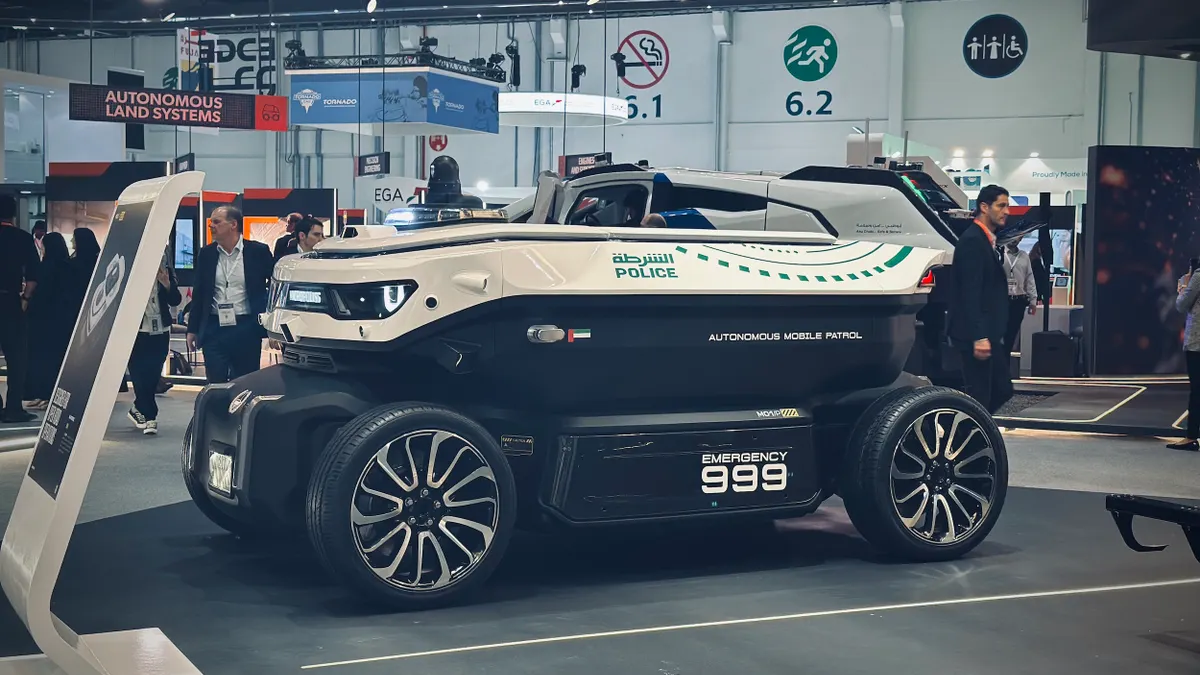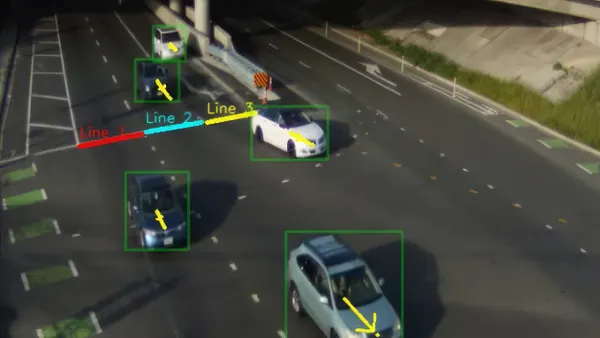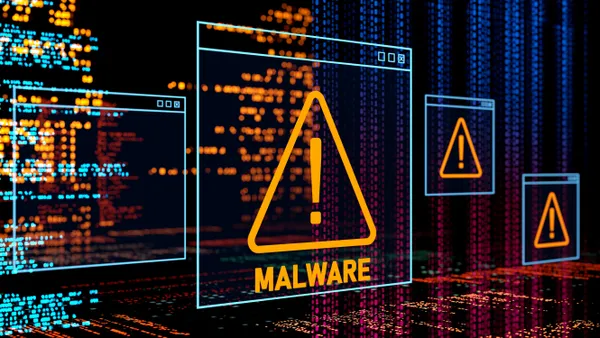Dive Brief:
-
Micropolis Holding is set to begin the final pilot phase of its M2 Autonomous Police Patrol, robots with fully autonomous navigation, 360-degree AI vision and license plate recognition and crowd-monitoring capabilities, in Dubai this month, the company announced Monday.
-
The final testing phase, scheduled to run through the end of September, will establish “the foundation for broader deployment of the M2 platform in public safety and smart city initiatives,” Micropolis stated.
-
Micropolis has been in conversations with cities in New York and Florida and expects to bring autonomous policing technology to the United States next year, founder and CEO Fareed Aljawhari told Smart Cities Dive.
Dive Insight:
Micropolis began developing autonomous police units for Alcoz, an industrial area that has transformed into an arts district, at the urging of Dubai Police in 2018, Aljawhari said.
Initially, Micropolis developed small robots similar to food delivery robots. “Dubai Police said, ‘OK, good start, but we need a real RoboCop,’” Aljawhari said. The company spent several years developing the SUV-sized units that “think like a policeman.”
In March, Micropolis held its initial public offering on the New York Stock Exchange and raised $15.5 million for growth initiatives.
Dubai Police have been testing Micropolis’ M1 Patrol Unit, which can operate independently or be remotely supervised in high-density areas, restricted zones and public infrastructure settings in Dubai for the past year.
The M2 models hitting the streets in Dubai this month will have integrated AI designed for facial recognition, suspect tracking and behavior analysis. The robots use AI and smart mobility for navigation and operate using high-speed computing models developed in partnership with NVIDIA, Aljawhari said.
“We’re trying to reduce the cost of surveillance because it is very exhausting and challenging for any police force worldwide to keep surveying and patrolling areas to collect information,” Aljawhari said. The robots can also be sent into dangerous situations to do “exactly what the policeman can do — just without actually risking a police officer’s life,” he added.
The robots can recognize disturbances in crowd behavior and report them to law enforcement, track crime suspects and detect intruders in neighborhoods, Aljawhari said. They have microphones and speakers and operate using a large language model so they can interact with people, convey information from the police and connect people directly to a police officer if necessary.
Micropolis’ robots are not armed. In the U.S., weaponizing robots is not prohibited, but Massachusetts, New York and California have introduced bills to prohibit arming drones and robots in some cases. New York’s proposal would not prevent law enforcement from doing so, however. In September 2024, California Gov. Gavin Newsom vetoed the California bill, saying it would “prohibit beneficial law enforcement use of such devices.”
Police departments throughout the country have increased their investment in robots in recent years. Aljawhari said “the United States is the natural habitat for our technology because the problem with Dubai is it is a super safe city.”
“We need some action,” Aljawhari said. “I want to test the technology in real life.











